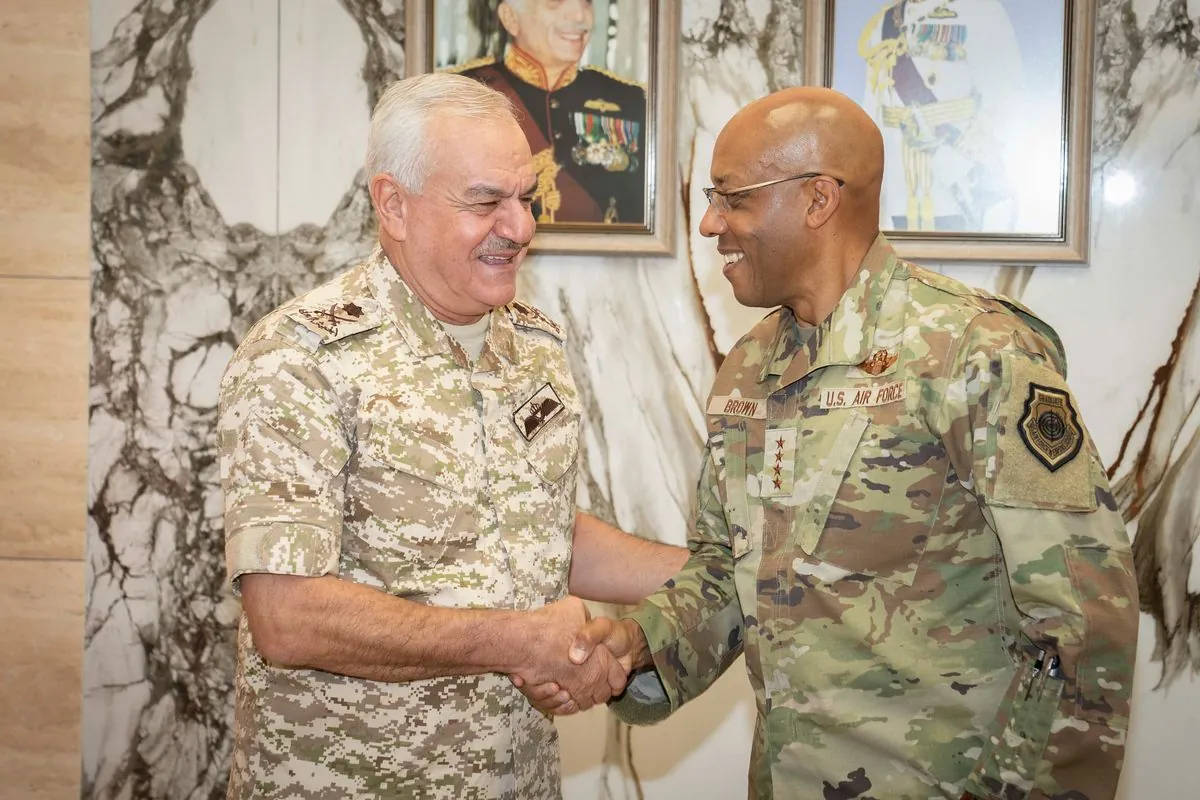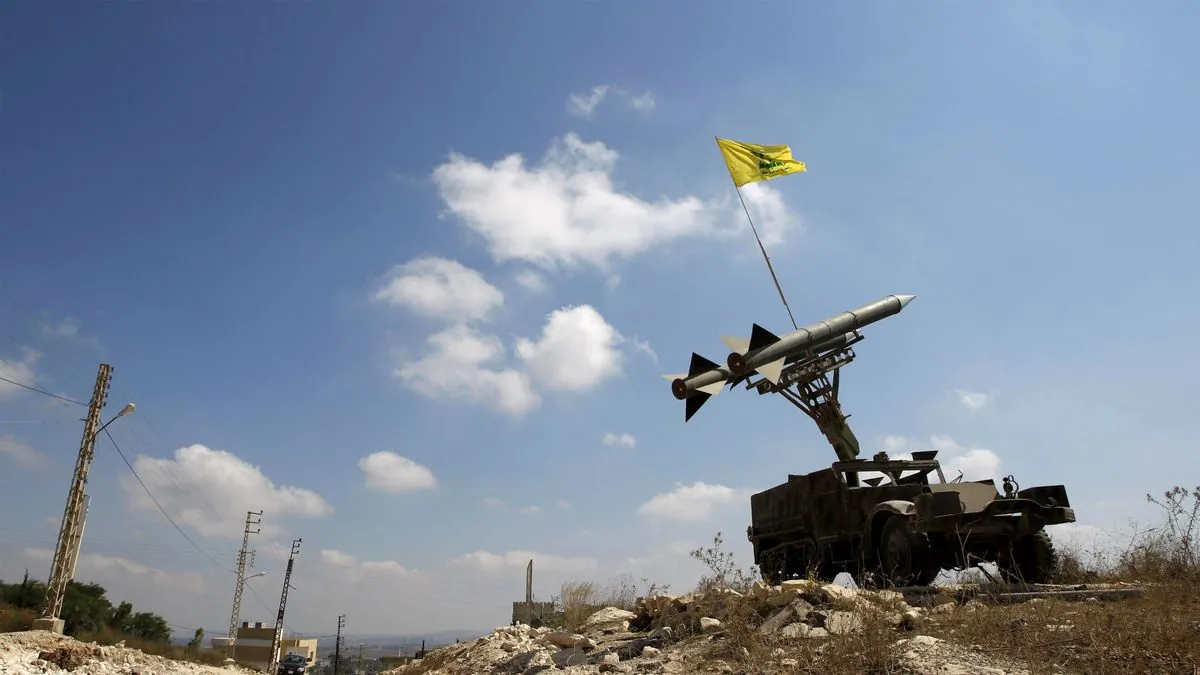U.S. General: Middle East War Risk Eases, Iran Threat Persists
U.S. Air Force General C.Q. Brown reports reduced risk of broader Middle East conflict following Israel-Hezbollah exchange. Iran's potential strike on Israel remains a significant concern amid ongoing regional tensions.

Air Force General C.Q. Brown, Chairman of the Joint Chiefs of Staff, has reported a slight reduction in the immediate risk of a broader Middle East conflict following recent exchanges between Israel and Hezbollah. However, he emphasized that Iran continues to pose a significant threat as it contemplates a potential strike against Israel.
Brown's assessment comes after a three-day visit to the Middle East, during which he witnessed one of the most substantial clashes in over 10 months of border warfare. Hezbollah launched hundreds of rockets and drones at Israel, prompting Israeli military strikes on Lebanon. Despite the intensity of the exchange, the damage in Israel was limited, and neither side indicated immediate plans for further retaliation.
The general identified two major threatened attacks against Israel in recent weeks: the Hezbollah strike, which has already occurred, and a potential Iranian response to the killing of a Hamas leader in Tehran last month. Brown stated, "How Iran responds will dictate how Israel responds, which will dictate whether there is going to be a broader conflict or not."

Brown also highlighted the ongoing threats posed by Iran's militant allies in Iraq, Syria, and Jordan, who have targeted U.S. troops. He specifically mentioned Yemen's Houthis as a "wild card," noting their attacks on Red Sea shipping and drone launches against Israel.
The U.S. military has taken steps to enhance its readiness in the region. Brown reported that they are "better postured" than during Iran's unprecedented attack on Israel on April 13, 2024. The decision to maintain two aircraft carrier strike groups in the Middle East, along with an extra squadron of F-22 fighter jets, demonstrates this improved preparedness.
"We try to improve upon what we did in April."
Regarding Iran's potential actions, Brown suggested that while Iran may want to send a message, its political leaders likely wish to avoid sparking a broader conflict.
The ongoing war in Gaza, now in its 11th month, continues to have significant regional implications. The conflict, which began on October 7, 2023, has resulted in widespread destruction in Gaza and triggered border clashes between Israel and Hezbollah.
During his visit, Brown met with Israel's Defense Minister Yoav Gallant and Chief of the General Staff Lieutenant General Herzi Halevi. He was briefed on the threats along Israel's borders with Lebanon and Syria at the Israeli military's Northern Command.
Despite the recent strikes by Israel, Brown cautioned that Hezbollah "still has capability," underscoring the persistent nature of the regional threats.
As tensions continue to simmer in the Middle East, the international community remains watchful of Iran's next move and its potential impact on regional stability.


































